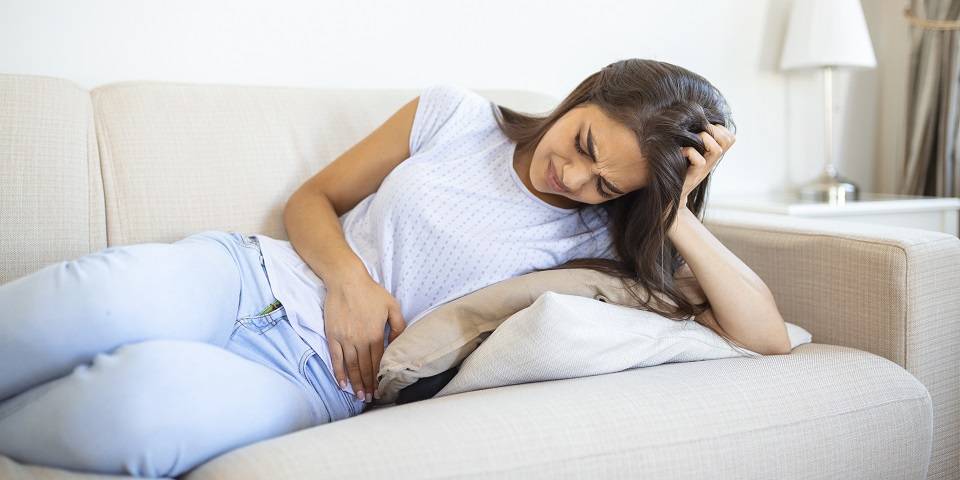Menstrual problems or menstrual cycle are a common incident for many female. For woman’s reproductive health, menstruation is a natural and essential, but may women face various challenges and discomforts. While some problems are mild and go away on their own, others can be more severe and interfere with daily life. Here, Dr. Shraddha Galgali guides us on common menstrual problems, their causes, and practical solutions to manage them effectively. Whether you’re experiencing painful cramps, irregular cycles, or heavy bleeding, Dr. Shraddha Galgali got you covered with valuable insights and expert advice.
Menstrual Cramps:
Menstrual cramps, also known as dysmenorrhoea. During menstrual problems, pain occurs in the lower abdomen or back, this mild or severe pain can affect daily routine of women. We need to find the causes behind menstrual cramps, such as uterus contractions and hormonal imbalances, so one can follow the remedies such as heat therapy or pain relievers that can provide relief. Or consult, Dr. Shraddha Galgali for more information about menstrual cramp.
Irregular Menstrual Cycles:
Irregular periods can be frustrating and raise concerns about underlying health issues. Get guidance from Dr. Shraddha Galgali about the causes of irregular period cycles, such as stress, hormonal imbalances, or certain medical conditions. From her guidance you can track your menstrual cycle, manage stress levels, and maintain a healthy lifestyle which can help regulate your periods.
Heavy Menstrual Bleeding:
Menstrual bleeding is also known as menorrhagia. Get the possible reasons for heavy bleeding from Dr. Shraddha, such as hormonal imbalances, fibroids, or certain medications. She will give some advice for medical treatments, lifestyle changes, and relevant therapies.
Premenstrual Syndrome (PMS):
Premenstrual syndrome (PMS) is nothing but female experiences some of emotional and physical symptoms before a week or two days of their menstrual period. The exact cause of PMS is not known but sometimes it can be are physical, behavioural change or mood swings that is feel sad, irritable, anxious, or angry. If anyone struggling to manage PMS and experiencing these symptoms of PMS, it is important to talk to doctor, they can help you to determine if you have PMS and can recommend treatment options.
Menstruation Absence:
Absence of menstrual periods also known as Amenorrhea, which can be due to hormonal imbalances, excessive exercise, or certain medical conditions sometimes caused by factor like pregnancy. In this case, it is necessary to seek the exact reason and get appropriate treatment from gynecologists.
Some additional tips for managing menstrual problems:
- Get enough rest: When you are well-rested, your body is better able to cope with stress and other factors that can contribute to menstrual problems.
- Avoid caffeine and alcohol: Caffeine and alcohol can worsen menstrual problems.
- Eat a healthy diet: Eating a healthy diet can help to improve overall health and well-being, which can also help to reduce menstrual problems.
- Exercise regularly: Exercise help to regulate your periods and reduce pain during menstrual problems.
- Get regular checkups: It is important to see your doctor for regular checkups, even if you are not experiencing any problems.
Menstrual problems can affect overall health of a woman’s, but understanding the causes and available solutions can empower individuals to take control of their menstrual health. Every woman’s experience is different. It is important to seek professional medical advice for accurate treatment and diagnosis. If you are experiencing menstrual problems, it is important to remember that there are many women, you are not alone. For menstrual problems there are some treatments available to help according to health issues. Talk to Dr. Shraddha Galgali to find the best treatment for you.

